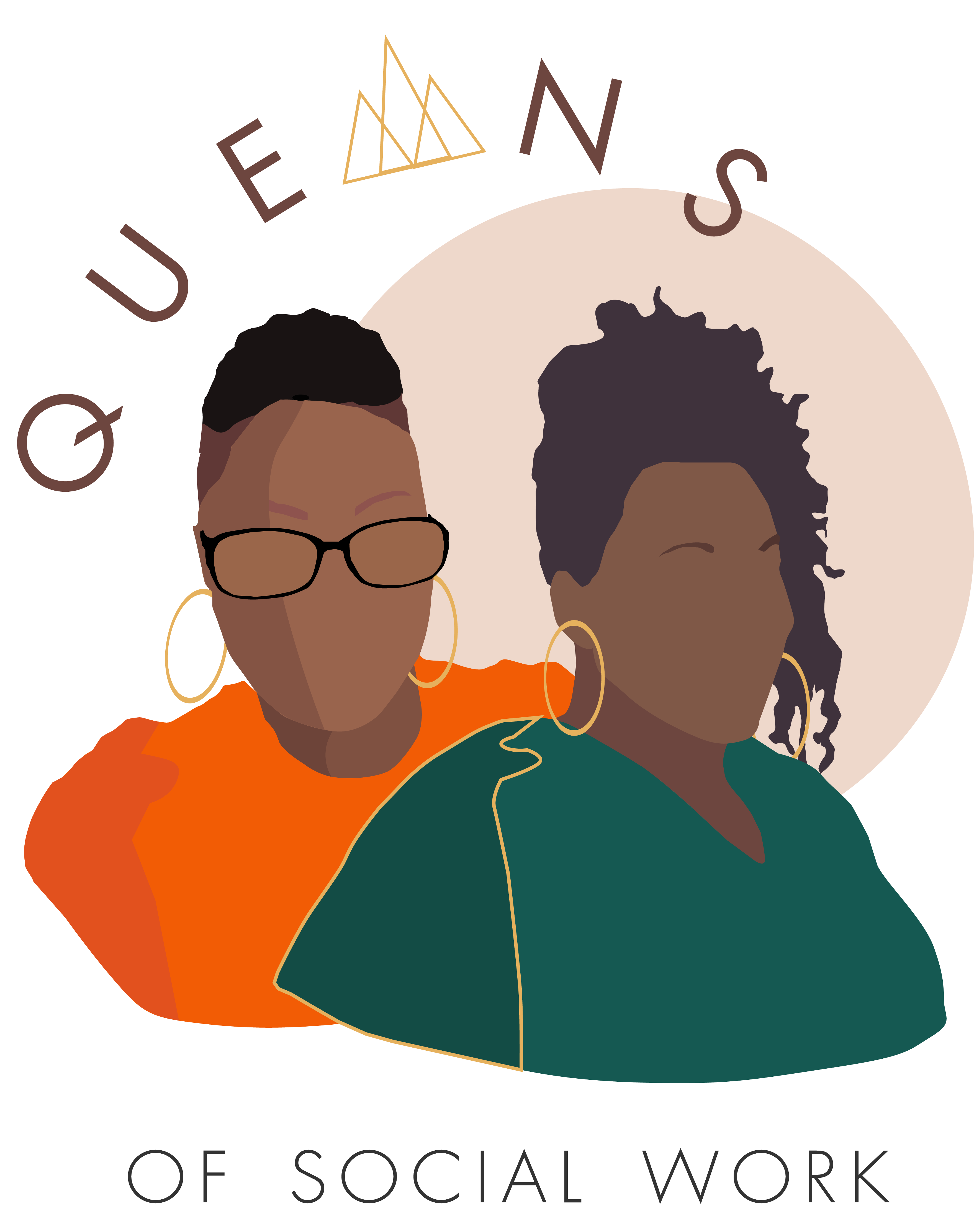How Black social workers can recognize, respond to, and protect themselves from workplace racism in supervision.
Why This Matters
Supervision in social work is meant to be a space for growth, support and accountability; but, for many Black social workers and BIPOC professionals, that space can become a source of harm when subtle racism and microaggressions at work go unchecked — especially when it’s coming from a supervisor.
You’re not imagining it. You’re not “too sensitive.”
And you’re not alone.
In this post, we’ll break down how microaggressions in supervision show up, why they’re so harmful and most importantly — what you can do about them, even when your job or licensure depends on that power dynamic.
What Do Microaggressions in Supervision Look Like?
Microaggressions are subtle, often unintentional expressions of racism or bias. But in supervision, where power and evaluation are involved, these moments hit even harder. Here’s how they may show up:
-
Constantly questioning your clinical judgment, but not doing the same with white colleagues.
-
Interrupting or talking over you, especially when discussing issues related to race, culture or advocacy.
-
Telling you to “tone it down” when you speak up about systemic racism or client mistreatment.
-
Calling you “intimidating” or “too direct”, even when you’re speaking professionally.
-
Minimizing client concerns about racism or dismissing cultural factors you bring into case consultation.
-
Over-emphasizing mistakes, while overlooking your successes.
-
Using “diversity” language in the abstract, but resisting your lived input as a Black social worker.
while still protecting myself from retaliation.”
Why Microaggressions in Supervision Are Especially Harmful
For social workers of color — especially Black women — supervision is often the key to:
-
Licensure and clinical hours
-
Workplace advancement
-
Emotional processing of difficult cases
So when that space becomes unsafe, the effects are layered:
-
You feel silenced, because you fear being seen as “difficult.”
-
You feel undermined, especially if feedback is inconsistent or harsh.
-
You may feel burnt out or begin to question your own competence.
-
You can even experience vicarious trauma, now compounded by racialized supervision trauma.
What You Can Do: 6 Practical Strategies for Navigating Supervision Microaggressions
Here’s how to protect your peace and still move forward in your role:
1. Document Everything
Keep a private, dated log of incidents. Include:
-
What was said/done
-
Your response
-
Any witnesses
-
How it affected you or your work
📝 This isn’t just for HR — it’s for you, too. Having it in writing helps you trust your experience and can support you if escalation becomes necessary.
2. Name It (Safely)
If you feel safe, you can address the moment using “I” statements:
“I noticed my idea was dismissed earlier, but then repeated later. That’s been happening a lot and it impacts how supported I feel in supervision.”
Or use reflective language:
“I’d like to better understand how feedback is given across the team. I’ve noticed I often receive different comments than others.”
⚠️ If the dynamic is unsafe or feels hostile, skip this step and focus on protection first.
3. Seek Parallel Support
You need a safe space to debrief. This could be:
-
A peer supervision group
-
A trusted colleague
-
A mentor outside your agency
-
A therapist who understands racialized work trauma
💡 Pro tip: If your organization offers an employee assistance program (EAP), you may be eligible for confidential therapy sessions.
4. Get Clarity on Evaluation Criteria
Ask for:
-
A written copy of your performance expectations
-
Clear, measurable goals
-
Documentation of all feedback
🧩 The more clarity you have, the less room there is for subjective — and potentially biased — evaluations.
5. Build a Paper Trail of Your Wins
Keep a “brag folder” with:
-
Client feedback
-
Emails praising your work
-
Notes on projects you led or contributed to
📂 This is your armor when your contributions are overlooked or misrepresented.
6. Know When to Escalate — and How
If patterns continue or worsen:
-
Request a meeting with HR or a DEI liaison
-
Submit a written concern or grievance following your agency’s protocol
-
Involve your licensing board only if your supervision becomes unethical or retaliatory
⚖️ Before escalating, talk with a trusted person to review your documentation and rehearse what to say.
What You Shouldn’t Have to Do (But Often Do Anyway)
Let’s name it: Black social workers are often put in the position of educating, enduring and shrinking in order to survive.
Here’s what you shouldn’t have to do — but might find yourself doing to cope:
-
Laughing off bias to avoid being labeled angry
-
Avoiding race-related topics with your supervisor
-
Holding your peers accountable while your boss stays silent
-
Overworking to prove you’re “good enough”
These are survival strategies — not failures. But long term, they are not sustainable. You deserve safety and success.
You Are Not Alone — And You’re Not Imagining It
If your supervision doesn’t feel like support, that’s not your fault.
If your voice gets smaller every week, that’s a warning sign.
And if your supervisor is the source of racial harm, you’re not overreacting — you’re responding to reality.
🎧 Want More Real Talk?
In our Season 9 Wrap-Up episode of the Queens of Social Work podcast, we reflect on the highs, the lows and the behind-the-scenes truths we don’t always get to say out loud — including how power, race and supervision intersect.
▶️ Listen now below and keep the conversation going.
